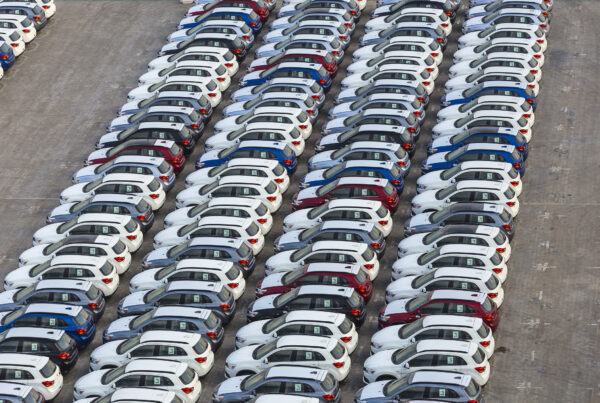The Imported Motor Vehicle Industry Association (VIA) is pushing for clarity and transparency in implementing fees linked to the Clean Vehicle Importer Standard (Clean Car Standard) in New Zealand. Recent legislative changes have shifted the government’s responsibility for funding the system to vehicle importers, prompting VIA to propose that these fees be levied directly at the point of sale.
Under the Clean Car Standard (CCS), vehicles incur charges if their CO2 emissions exceed the target, payable through cash, credits, or a mix. Charge rates and payment methods differ depending on whether the importer is on the “Pay as You Go” scheme or the Fleet Average Scheme.
The Pay As You Go scheme charges each vehicle at import, with 2024 rates at $36 per gram for new vehicles and $18 for used vehicles. Meanwhile, the Fleet Average scheme, which requires application, assesses vehicles annually, with higher rates of $45 for new and $22.50 for used, with payments due the following April.
Greig Epps, CEO of VIA, stressed the need for clear pricing, stating, “While VIA supports the principle of user-pays, we believe these costs should be transparently charged at the point of sale.”
This approach, according to Epps, ensures that consumers are fully informed about the actual costs involved and prevents potential misunderstandings regarding price benefits.
The association welcomes the legislative adjustments allowing for more flexible target adjustments through regulation rather than rigid legislation. Epps noted that this flexibility enables the industry to respond more effectively to both global and local changes. However, he cautioned that such flexibility must be balanced with public dialogue and industry consultation to maintain ambition in decarbonisation efforts.
“There is concern that rapid changes in targets by future governments could destabilise the market and hinder industry preparation,” Epps warned. He highlighted the need for stability and predictability in regulatory frameworks to foster sustainable business practices.
VIA also raised objections to the weight adjustment mechanism within the Clean Car Standard, arguing that it disproportionately favours larger, less efficient vehicles.
“VIA advocates for removing the CCS weight adjustment so that we can more genuinely support New Zealand’s sustainability goals,” Epps said.
Did you find this article interesting? Click the ‘heart’ button above to give it a ‘like’!


















